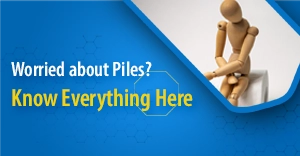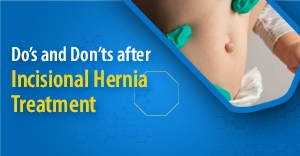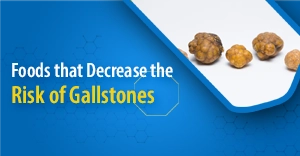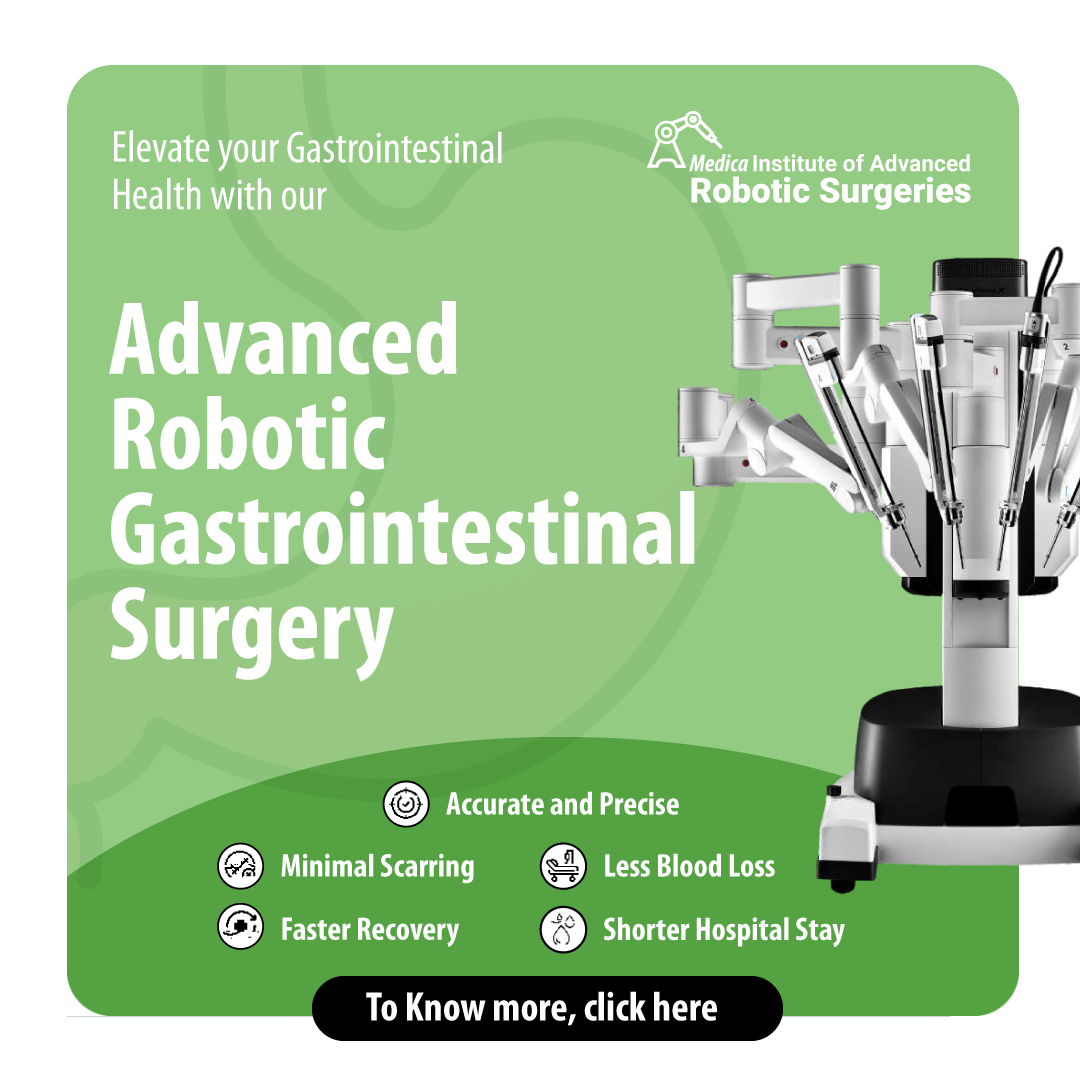Medica’s Laser Proctology Program (Laser Treatment)
Laser Proctology refers to the treatment of conditions related to the colon, anus, and rectum that are done with the help of a laser.
How does it work?
A high-energy precision laser is used to operate on the affected tissue during the surgery. As a result, the procedure leaves:
- No Scars or Cuts or Stitches
- No Blood
- No Pain
Free Doctor Assessment
What is Hemorrhoid?
Piles is a medical condition that is also known as Hemorrhoids. In this medical condition, the affected individual suffers from inflamed and swollen collections of tissue, which develop in the anal area. These types of growths can develop inside or outside the anus and can be itchy and painful.
Pregnant women can also develop piles as a result of lower-body pressure. However, piles/hemorrhoids are more commonly seen in people who have a poor diet [low fiber foods], an unsanitary lifestyle, and unsanitary bathroom habits.
People can confuse piles, fissures, fistulas, and other rectal issues. Therefore, it is recommended that you consult with our best proctologists to determine which type of anal disease you have. Medica Superspecialty Hospital, Kolkata endeavors to provide you with a complete solution to treat piles.
What are the Grades?
Any individual, regardless of age or gender, can be affected by various types of piles such as grades 1, 2, 3, and 4. These grades are:
Grade I: In Grade I piles, minor inflammations appear within the anus lining. They can’t be seen.
Grade II: Grade II piles are larger than grade I piles and start to protrude but still remain within the anus.
Grade III: Hemorrhoid protrudes through the anus whenever one relieves themselves that it returns back to normal when done.
Grade IV: These are unable to be pushed back in and must be treated. They are large and do not enter the anus.
Causes of Piles
Under pressure, the blood vessels around the anus and in the rectum will stretch and swell or bulge, forming piles. This could be because of:
- Constipation that persists
- Chronic Diarrhoea
- Overstraining to pass stool
- Lifting heavy objects
- Pregnancy
Piles can also be inherited and worsen with age.
Symptoms of Piles
Individuals with piles or Hemorrhoids show the following symptoms:
- Very painful bowel movements
- Itching around the anal area
- Swelling around the anal area
- A painful, hard lump in the rectum
- Passing ‘bright’ red blood along with stool

World Renowned
Experts

Laser Assisted
Surgery
EMI Facility
Available

Covid Safe
Environment
Diagnosis
The first step in diagnosing piles is a physical examination (hemorrhoids). The doctor will also inquire about your family history, any discomfort or problems (such as a recent change in bowel movement), and whether you have recently lost weight.
A digital rectal examination (DRE) is required for internal piles. The doctor may use a proctoscope (a hollow tube filled with light) to examine the affected area and collect tissue for lab testing. If the doctor suspects another digestive problem, he or she may need to perform a colonoscopy or sigmoidoscopy.
Piles Treatment
Treatment of piles would depend on a number of factors and may include size, location, degree of discomfort, and related complications. For Grades 1 and 2 of the condition, the doctor would usually recommend lifestyle changes. Medications may be prescribed as palliative therapy for the itching and other discomfort.
- Dietary changes recommended would include consuming food rich in fiber like fruits, vegetables, and cereals. This will help in avoiding constipation, hence straining during bowel movements. Increasing the consumption of water and avoiding caffeinated drinks is also recommended.
- Exercise is a recommended therapy for managing piles. Regular exercise or as advised by your doctor would help you shed the extra weight and also help with easing constipation.
- Medications may include painkillers, ointments, and laxatives. These are mostly over-the-counter medicines that would help in reducing the discomfort related to piles
- Surgery is the only treatment when the disease takes on a more severe form causing significant discomfort and other complications. Surgical options include:
- Banding is an option for piles that are less than Grade IV. The procedure involves placing a band around the base of the swollen tissue, thus cutting off the blood supply to it. The hemorrhoid will fall off after a few days
- Sclerotherapy is an alternative to Banding. Medicine is injected into the hemorrhoid which makes it shrink.
- Coagulation involves using laser or infrared light/heat to burn hemorrhoids. This method is used for treating small haemorrhoids (internal and external). It leaves no scars and the chances of complications are negligible.
- Hemorrhoidectomy is a surgical procedure that is used to treat haemorrhoids. This can be either a minimally invasive procedure or open surgery, depending on the size and related complications. Though most effective in completely removing the piles, like any other surgical procedure, there remains the risk of post-surgery complications. The surgeon will use anesthesia to numb the area before making an incision in the anal tissue around the hemorrhoid. The swollen vein inside the hemorrhoid is removed during the procedure, and the surgical site is either sewn shut or left open to heal.
Medica Superspecialty Hospital in Kolkata ensures that the patient’s experience is seamless from the start. From scheduling an appointment at the clinic to receiving a detailed diagnosis, scheduling tests at a diagnostic center, completing insurance paperwork, commuting from home to the hospital and back on the day of surgery, admission-discharge processes at the hospital, and follow-up consultation after the surgery – everything is simple and caring. We are committed to being there for you at every stage of your recovery.











